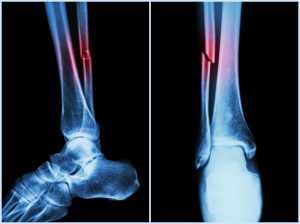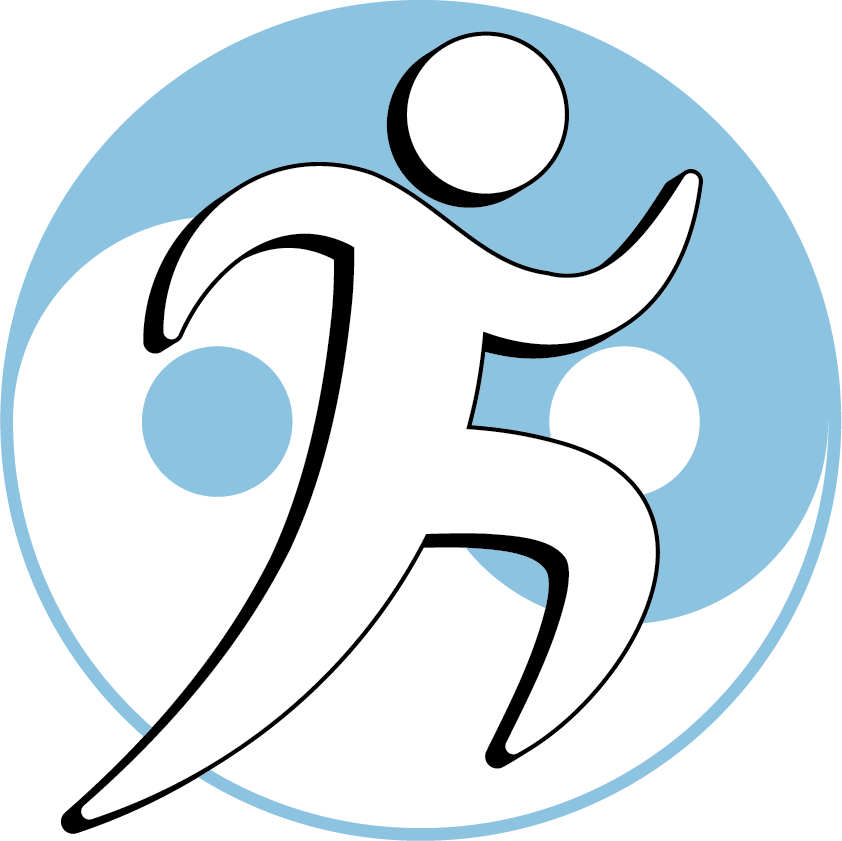Recognition and Management of Serious/Urgent Medical Conditions
With Instructor Anthony Von der Muhll, L.Ac., DNBAO, FAIPM
Next offering: TBA. Please let us know of your interest in a distance-learning class.
Check back for next live class date, or contact us to be notified by email
Course Goals and Content
On-Demand/Home Study Class
- Over 30 “easy-to-miss” urgent/serious conditions relatively likely to present in acupuncture practice without prior diagnosis
- Symptom-based format and case studies: test your ability to rapidly and accurately identify red flags
- The art of making referrals and building relationships with other health professionals: enhance patient safety, while you increase your practice volume!
Recognition and management of urgent/serious medical conditions
- L.Ac.’s role as primary health-care profession
- Condition incidence and/or prevalence in outpatient acupuncture practice
- Risk factor/history/sign/symptom clusters
- Pathomechanisms, natural progression and adverse outcomes
- Stabilizing measures, referrals, consultations, and EMS
- Documentation of assessment, stabilization and referral
General characteristics of pain as a red flag
- Timing of pain
- Post-traumatic and post-surgical pain
- Atraumatic joint inflammation and degeneration
- Bone pain and fractures
- Pain with neurovascular and trophic signs and symptoms
- Degree of disability
Spinal pain, sensory and motor problems
- Radiculopathy
- Cauda equina syndrome
- Spinal cancer
- Fractures: vertebral compression, ribs, spondylolisthesis
- Shingles/herpes zoster
Upper extremity pain, sensory and motor problems
- Rotator cuff tears
- Shoulder, elbow, wrist dislocation
- Fractures: radial head and neck; supracondylar; scaphoid
- Severe peripheral neuropathy
- Severe Raynaud’s disease
- Complex regional pain syndrome: reflex sympathetic dystrophy, causalgia
Lower extremity pain, sensory and motor problems:
- Avascular necrosis of the hip
- Slipped capital femoral epiphysis
- Vascular claudication
- Ankle/foot fractures
- Deep vein thrombosis/pulmonary embolism
- Compartment syndrome
Headaches and oro-facial pain
- TIAs, strokes and aneurysms
- Temporal arteritis
- Bacterial sinusitis
- Acute closed-angle glaucoma
- Non-traumatic subarachnoid hemorrhage
- Severe sore throat
Organ pain
- Chest and respiratory pain
- Abdominal and digestive pain
- Urinary and reproductive systems pain
Systemic and Psycho-Social Complaints
- Limb swelling and pulse abnormalities
- Fatigue and changes in weight
- Dizziness and altered mental function
- Substance abuse, depression and suicidality
- Signs and symptoms of abused and neglected patients
Making and Building Referrals
- The art of building referral relationships to enhance patient safety and volume.
- Protocols for effective and timely referrals
- Documentation of management and referrals

Student Ratings and Comments
from evaluations as required by California Acupuncture Board
Respondents: 8 of 13 enrolled
Average rating: 5/5
Comments:
“Awesome class as usual, great guest presenters!” –Marian Blum, L.A.c
